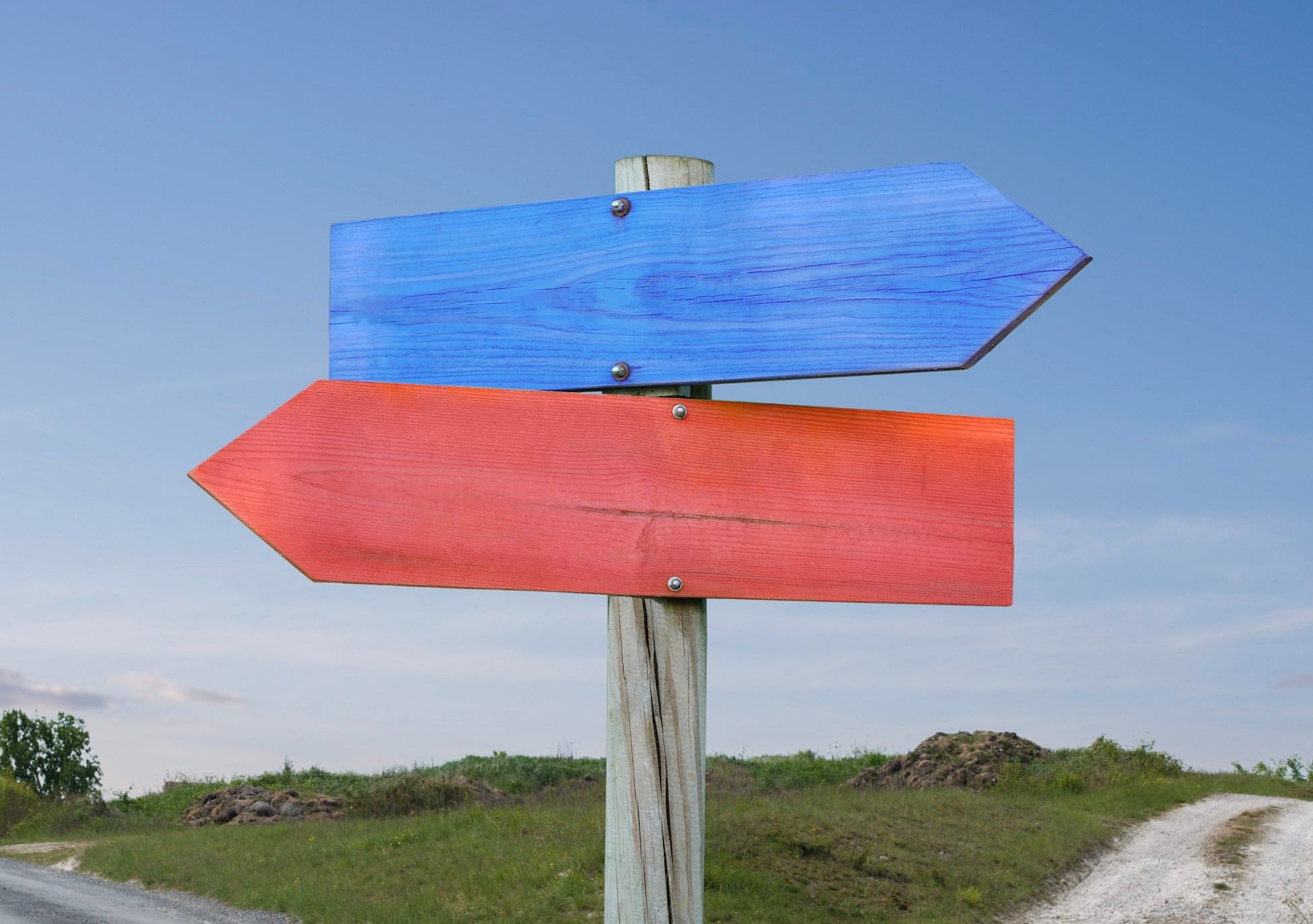For the last five years, Outdoor Retailer has been a veritable cash cow for Colorado. The semiannual trade show reportedly brings more than $110 million to the state every year. At the end of 2022, the show’s contract with the City of Denver is expiring, and Colorado’s top politicians are already pulling hard to keep the event in the state.
On Wednesday, Colorado Senators Michael Bennet and John Hickenlooper joined Governor Jared Polis in sending a letter to Emerald X, OR’s parent company, urging show organizers to keep the event in the Mile High City.
“The leaders of the outdoor industry have spoken with an articulate and strong voice that this cornerstone event belongs in a state that shares its values on public land and recreation,” Bennet, Hickenlooper, and Polis wrote in the letter. “Colorado is the perfect match to continue as the home of the Outdoor Retailer Show.”
Colorado and Utah Square Off
Indeed, the “values” referenced in the letter might be central to the trade show’s next move. Salt Lake City, Utah—the show’s former home—lost its bid for a contract renewal in 2017 after OR decided it couldn’t stomach the state’s public land policies any longer. At the time, then-Governor Gary Herbert supported the Trump Administration’s plan to gut Bears Ears and Grand Staircase-Escalante National Monuments, and OR said it wouldn’t host the show in the Beehive State any longer, given that position.
Colorado was eager to show OR that its culture was a better match for the show.
“We are ready to roll out the welcome mat,” Hickenlooper, then Colorado’s governor, said at the time. “We can’t wait to greet our new visitors and enjoy the energy and momentum this will bring to the region.”
The energy and momentum did come—but not without hiccups. OR, which historically ran three shows a year, discontinued its November Winter Market at the end of 2018, scaling back the total number of events in its Denver contract from 15 to 11. The 2021 Summer Market and 2021 Snow Show were also cancelled during the pandemic, and moved online.
Now, with OR still struggling to restore pre-pandemic attendance levels at its events, and with Denver’s contract expiring at the end of this year, Utah is swooping in to court the show once again.
Utah Wants Another Shot
A video released by Utah Governor Spencer Cox in September makes his state’s position very clear. It wants the show back—badly.
“Salt Lake City and the State of Utah had the great privilege of hosting the Outdoor Retailer show for twenty years,” Cox said in the video. “During that time, our hospitality industry saw incredible growth, and much of that was attributable to you.”
In his remarks, Cox reminded show organizers that OR itself witnessed “amazing growth” in that time, and that Utah might have played a role in that development. In short, Cox said, it’s time to forget the past and form a new relationship.
“We’ve missed you for the past several years,” he added. “And we’ve made some improvements while you’ve been away.”
Those include a new $4.2 billion international airport in Salt Lake City and 700-room hotel in the city’s Salt Palace Convention Center. Also, crucially, Utah is now “working with key stakeholders and the Department of the Interior to establish sustainable ways to manage Bears Ears National Monument and other cherished public lands,” said Cox.
In other words, Utah has caved—or at least promised to cave—to OR’s political and environmental demands.
The Growing Might of the Outdoor Industry
If nothing else, the Cox video is a potent indicator of how powerful the outdoor industry has become in recent years. The Governor’s promises about public lands may ring hollow under close inspection (two weeks after releasing the video, Cox vehemently criticised the Biden Administration for restoring Bears Ears and Grand Staircase-Escalante by executive action), but they’re a reminder nonetheless that the outdoor economy now wields enough influence to sway policy.
It’s the same reason the Outdoor Industry Association was invited to the White House for the first time last summer to meet with the president and other labor leaders. The outdoor economy, which accounts for $689 billion in consumer spending, is too large to ignore.
“The outdoor industry is important to Utah,” Cox said in the video. “The Outdoor Retailer trade show is important to Utah. We invite you back, and we’ll take great care of you.”
Other Suitors Are Calling
Utah and Colorado aren’t the only states banging down OR’s door for the next contract, however.
After last summer’s event, show director Marisa Nicholson said there’s “a really good chance” OR stays in Denver, but that if it doesn’t, it will relocate to Anaheim, Las Vegas, Orlando, or Salt Lake City.
“At the end of the day, this is the industry’s show,” Nicholson said. “We’re going to continue to host the show where the industry wants it to be. There’s a ton of factors that go into it. Once we know where people want it to be, then we’ll go and work with the city to make sure we have the right amount of time for move-in, staging the show, move-out, and working with the hotels for room blocks. If there is going to be some big change, we need the time to make sure we can go in there and plan that.”
At the time, Nicholson said OR would release information about its new home by the end of 2021, but as yet no news has been announced. As of this week, OR was still surveying industry members, asking where they’d like to see the next show. The data from that survey, Nicholson said, will be assessed in several ways to arrive at a decision.
“Being able to look at it from everyone’s perspective—brands’ as well as retailers’—is important,” Nicholson said. “When we analyze it, we want to make sure the information we got came from small and large retailers and brands, and that we got enough input so that the information we have is accurate on behalf of the entire industry.”


